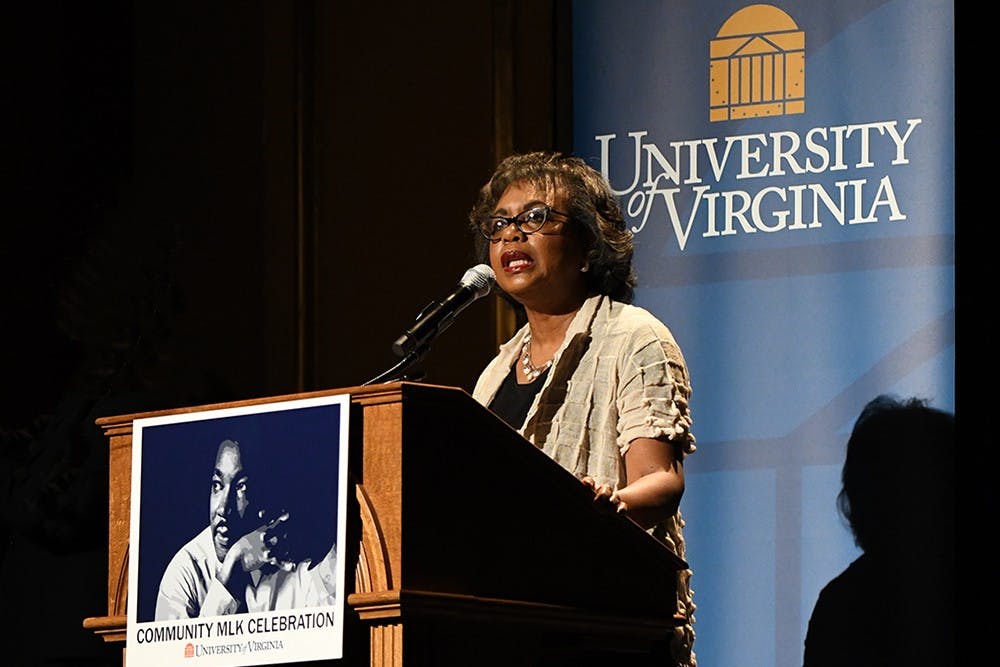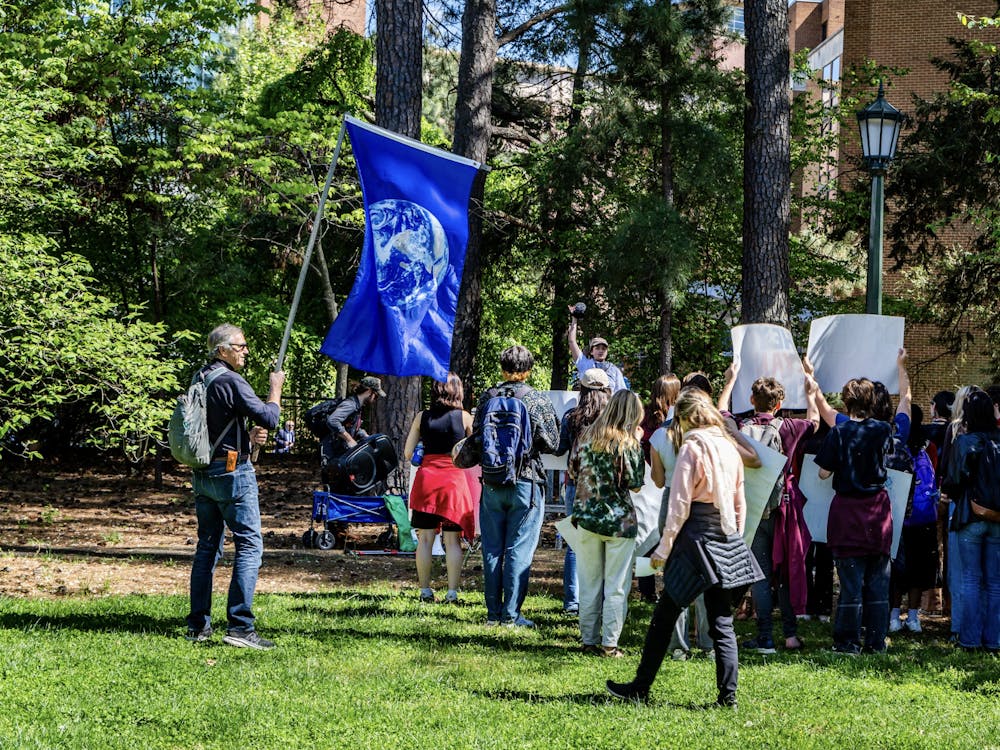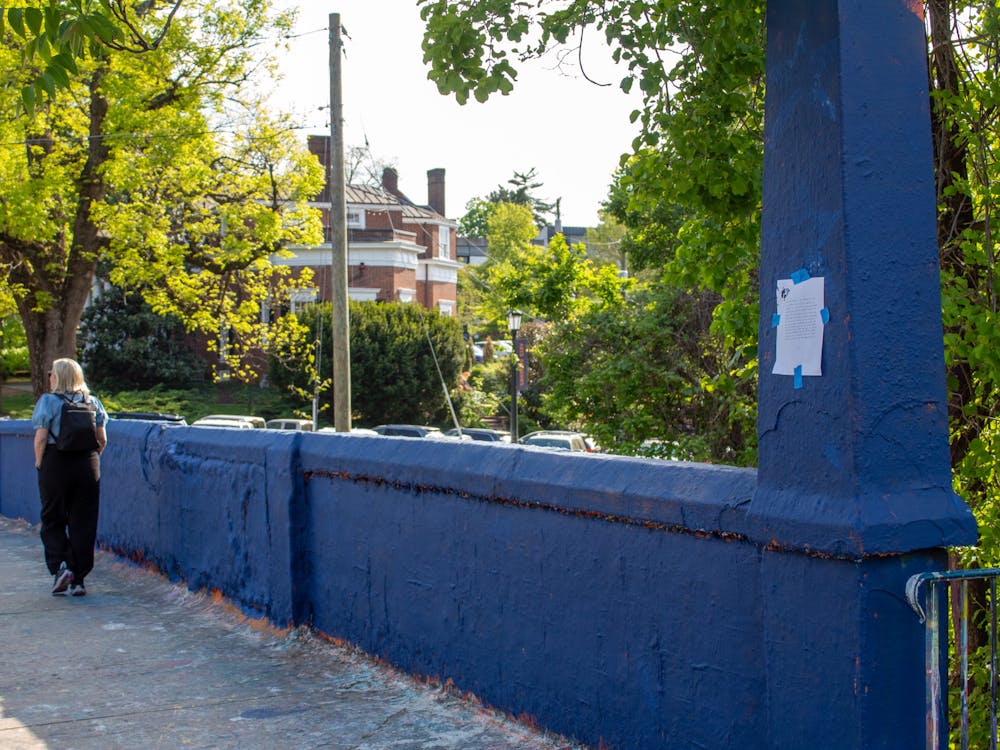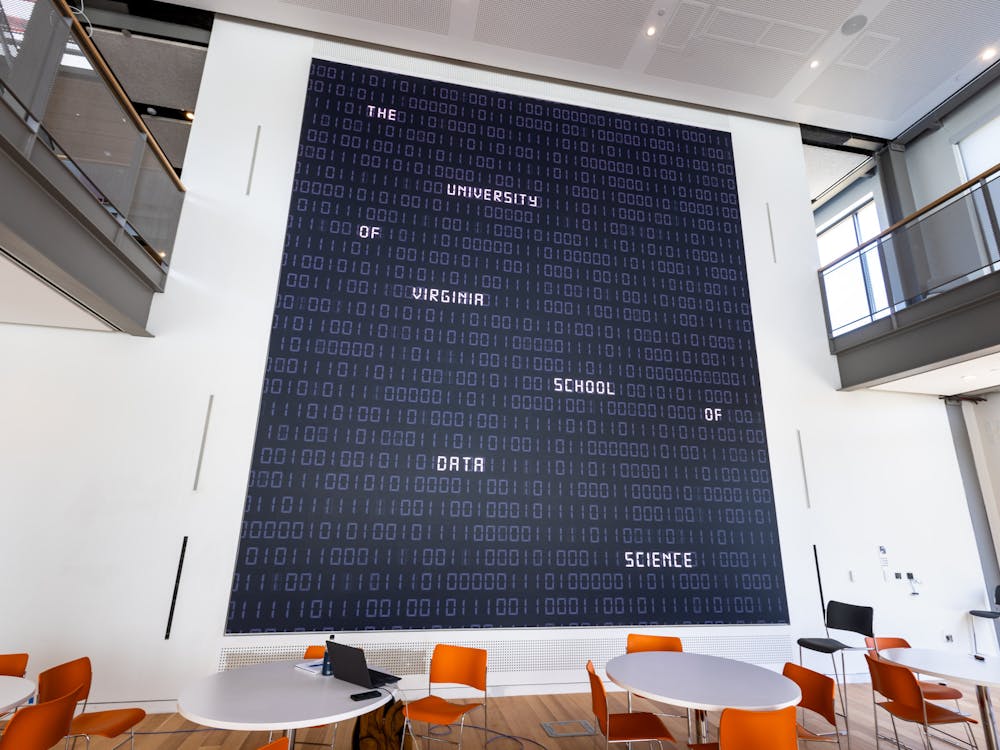Anita Hill delivered the keynote address Thursday evening for the Community MLK Celebration, an annual commemoration of the civil rights leader’s life. Hill gave the address to a packed audience at the Paramount Theater, discussing intersectionality, legal activism and social change.
Hill is a professor of social policy, law and women’s studies at Brandeis University. In 1991, she testified against Supreme Court Justice Clarence Thomas in his Senate confirmation hearing, accusing her former employer of sexual harassment.
Since Thomas was confirmed as a justice, Hill has advocated against workplace discrimination and harassment.
“She could have remained silent and possibly led a much quieter life,” said Michelle Strickland, event planning assistant at the Office of the Vice President and Chief Officer for Diversity and Equity. “Instead, she chose to speak out and do what was right.”
Marcus Martin, vice president and chief officer for diversity and equity, opened up the keynote address by introducing the Martin Luther King, Jr. Community Choir, which performed gospel music. He then introduced Charis Redmond, vice chair of the National Black Law Students Association and a third-year Law student.
“Professor Hill continues to push the envelope [for] women and minorities’ rights,” Redmond said in her introduction of Hill.
The keynote address was organized by the Office of the Vice President and Chief Officer for Diversity and Equity, the Batten School of Leadership and Public Policy, Lifetime Learning in the Office of Engagement and the Center for Politics.
Megan Faulkner, assistant to the vice president and chief officer for diversity and equity for programs and projects, said she met Hill at a conference in Boston where Hill was speaking.
“I approached her during the book signing after the talk and let her know that I would be interested in working to bring her to U.Va. [and] Charlottesville,” Faulkner said in an email statement. “She responded that she would be happy to come here and give a talk.”
Hill discussed her testimony 25 years ago, and said both race and sex came into play during the Thomas hearing.
“We cannot end racism without addressing sexism,” Hill said. “And we cannot end sexism without addressing racism.”
Hill also discussed the importance of activism when dealing with sexual assault, whether by telling family members or by filing claims against assailants.
“We have to be willing to punish people, even if we have befriended them,” Hill said. “We must never accept sexual harassment as ‘just what men do.’”
Religious Studies Assoc. Prof. Jalane Schmidt attended Hill’s talk and said she remembers the 1991 hearing.
“There was so much conversation about it, and finally … women started coming out of the woodwork and talking about it,” Schmidt said. “Even though she failed, it really started a movement toward making legal prosecutions against sexual harassment.”
“[Hill] is appropriately credited with opening a larger public conversation about the unequal treatment of women in the workforce,” Paul Martin, assistant professor of public policy at Batten, said in an email statement. “She also teaches us the valuable lesson of how important it is to raise your voice and (literally) speak truth to power.”
Hill ended her speech by noting the need for people to come together.
“We will figure out how to work together,” Hill said. “It’s not going to be easy, but the alternative is not acceptable.”





